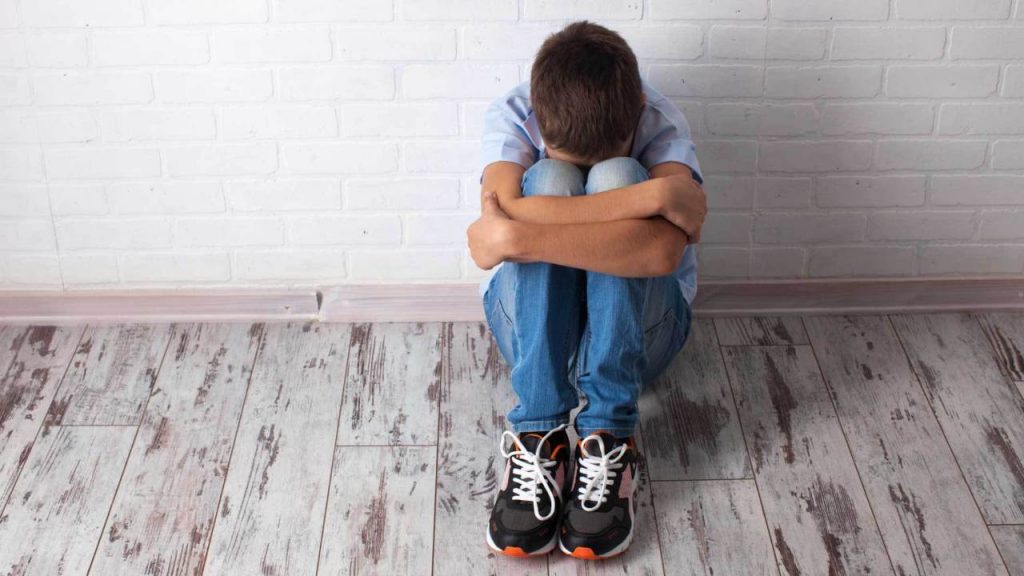
For so many years parents around the world have been asking, what is the most appropriate way to discipline a child? This question has thrown many around for decades, creating a division where every parent appears to have created their ‘most effective’ way to train their children. However, some parents are still in search of helpful solutions that will not only prove effective but not create problems. Now you might have asked yourself these questions;
Should I beat my children?
How about punishments?
Is it advised that I withdraw their privileges?
Is yelling effective?
There is no end to that list of questions. I can tell you this because I have at a time asked myself all these questions. Going to sleep almost every night after screaming my lungs out, and still no turn around in my children’s behavior – right there I knew they definitely must be doing this the wrong way.
Why do we discipline?
Before we dive right into the talk of how you are to discipline your child, let us take a look at the reason we discipline. If we were asked, why exactly are you trying to discipline your child? You might be thinking about their misbehavior;
Stopping your son disrespectful behavior
Curbing those temper tantrums
Putting an end to the rivalry between siblings, and many more like that.
While each of these reasons seems valid, putting our reasons on just one or two problems makes us miss the whole point of discipline. What I have noticed is that people tend to confuse the word ‘discipline’ for ‘punishment’. The word discipline means ‘to teach, to guide, and to instruct’.
The idea behind discipline is that we teach, instruct, and guide our children how they should behave instead of punishing them for any negative behavior.

Look at it this way. When you consider using a discipline method, ask yourself if that method will instruct and guide your kids just like discipline is intended to do.
Will yelling make your child respectful?
Will cleaning their rooms to make them hardworking?
Will spanking teach them compassion?
The major aim of discipline is to ensure your kids learn from their mistakes, and not repeat them again. But most parents only have short-term solutions.
How do you discipline your child?
Like I stated earlier, we often time relate the word discipline to punishment. While punishment refers to ‘causing pain for some offense, discipline means to guide, teach, and instruct. That is the path to correcting your kids’ misbehavior – equipping them with the right tools they need to learn the positive behavior that will replace the negative ones. Looking for that long term effective way to discipline your child? Take a look at these three areas;
1. Give them attention

Kids need attention, there are no two ways about that. Once you start to deprive your children of the attention they require, they will ensure they get it – even if it means putting up a negative attitude. They will start to misbehave just to get your attention. You necessarily do not have to be with them every hour of the day, but taking time – free from distractions to play their favorite games, read them a book, or watch Television with them goes a long way.
“When you fill your children’s attention baskets positively and proactively, your kids will become more cooperative and less likely to seek out attention in negative ways” – Positive Parenting Solutions
2. Do not forget to train

As you discipline, remember the idea behind that word – teach, guide, and instruct. Showing your kids to make better choices by teaching them positive ways to respond in certain situations. For example, if your child has an issue with another kid about sharing, instead of spanking, teach such a child how to ask for something politely.
If your child throws tantrum because she wants a snack, teach her the right way to ask, ‘I would like a snack, please’. Note that repetition and consistency is key, do not expect your child to become perfect after two or three attempts. Also, encourage them when they do the right thing.
3. Set rules and stick to them

Put out clear rules that your children must follow. Kids learn when they have guidelines and know boundaries. Once this is explained to them, they know what to do and what not to do. Be clear about the rules and what happens when they are broken. If your son refuses to stick to the screen time limit, he loses the remaining privileges for a day or so (depending on the child’s age).
Giving unrelated consequences to behavior does not help. Like letting your daughter wash the dishes because she refuses to do her homework. Just ensure you follow through each time a kid breaks the rule.
Dear parents, this parenting journey is not going to be a smooth one. However, I hope you feel relieved now that I have been able to give these strategies that will help you. Remember, be consistent.
